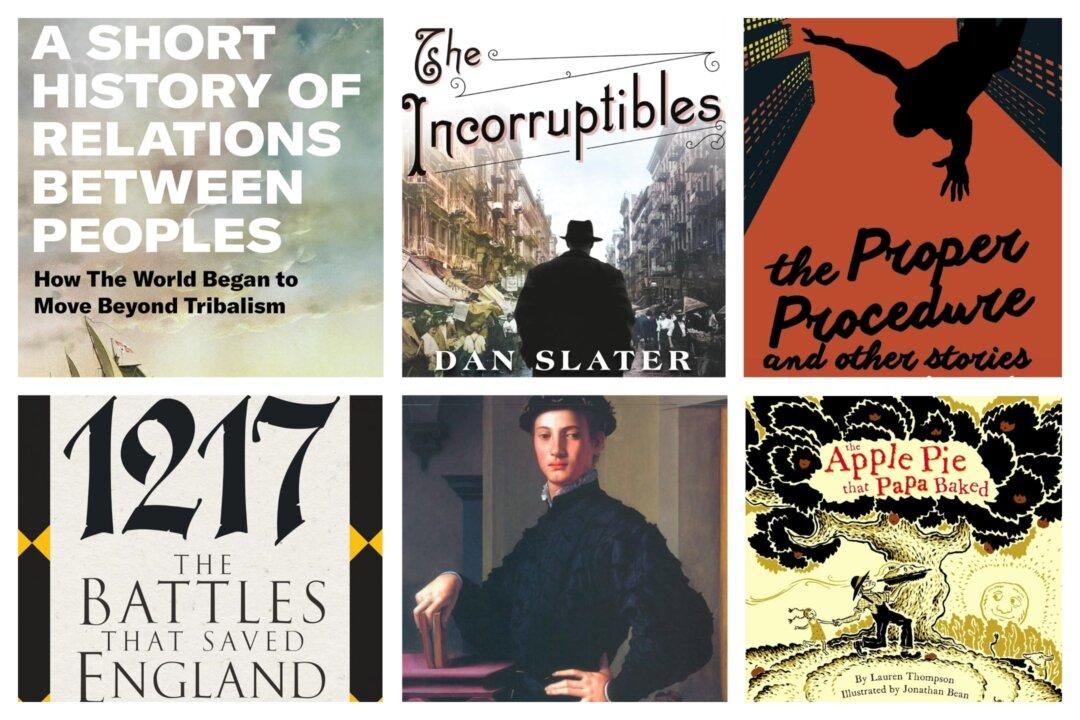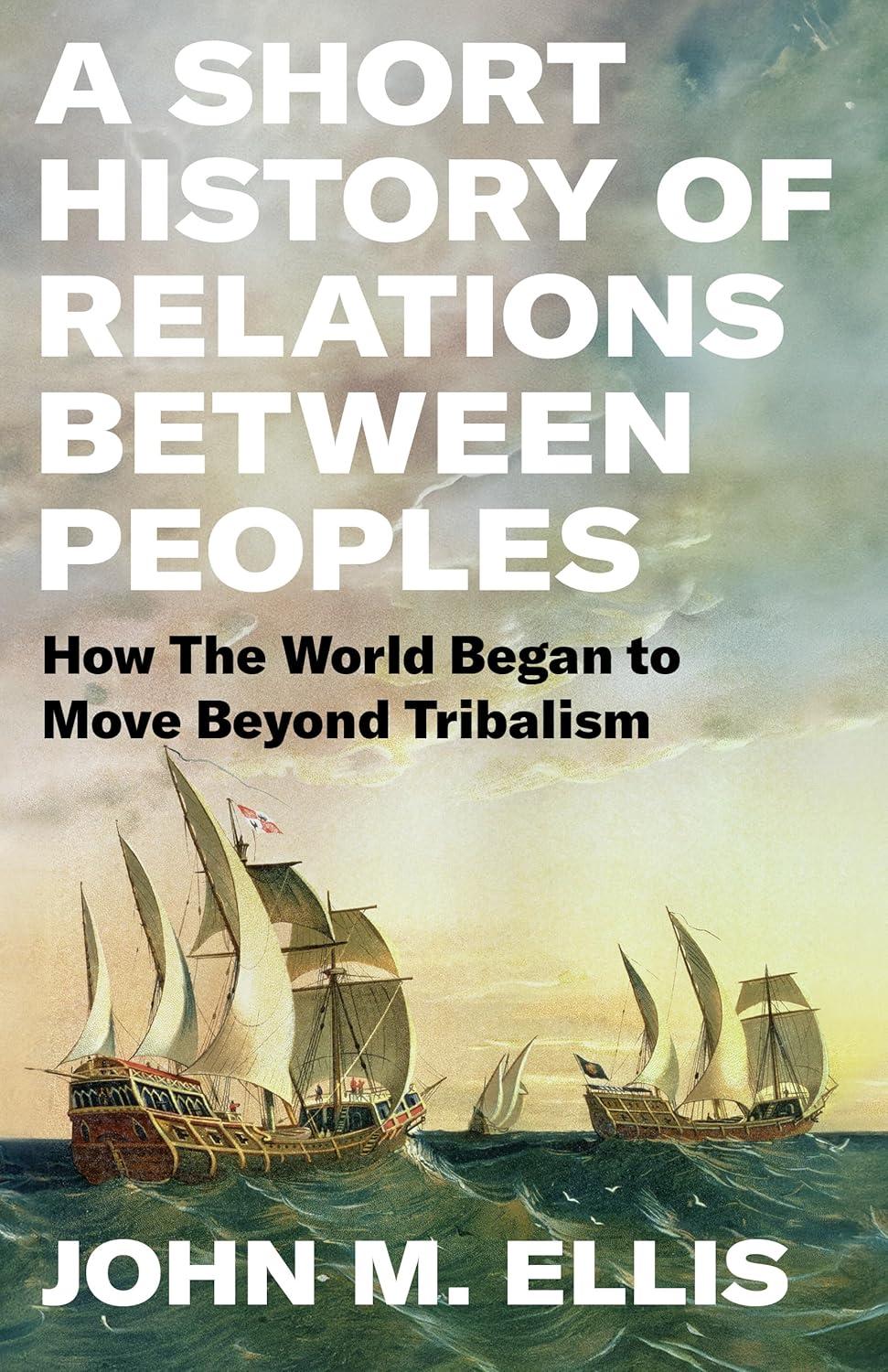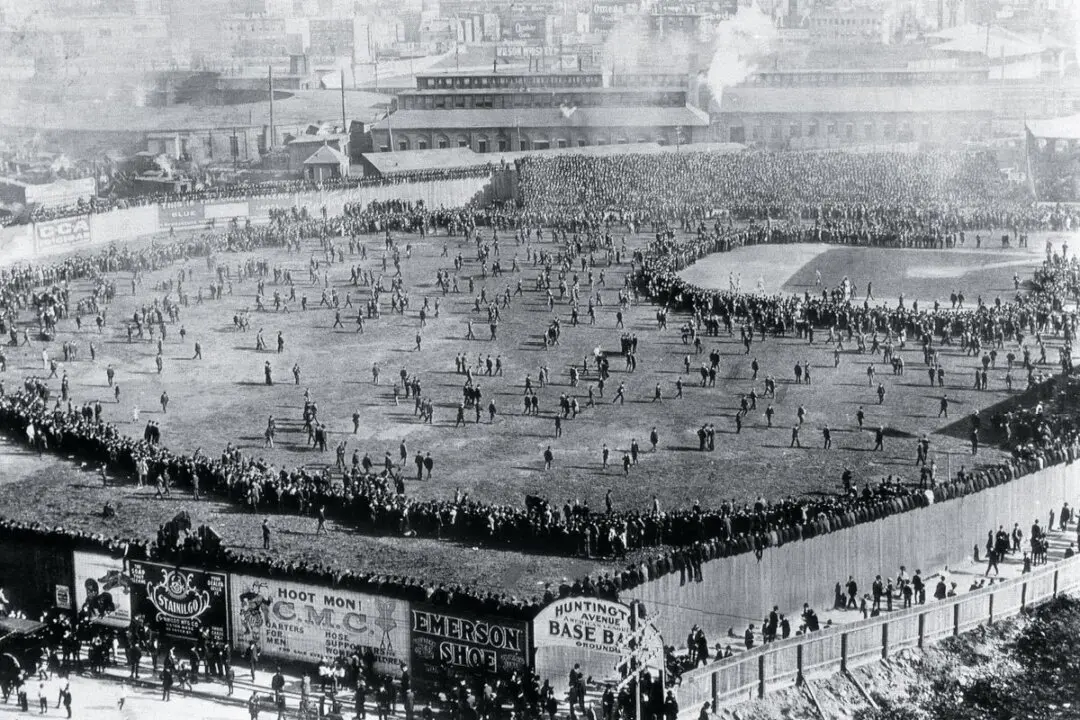
Dustin Bass is the creator and host of the “American Tales” podcast and cofounder of “The Sons of History.” He writes two weekly series for The Epoch Times: Profiles in History and This Week in History. He is also an author.
Author’s Selected Articles





